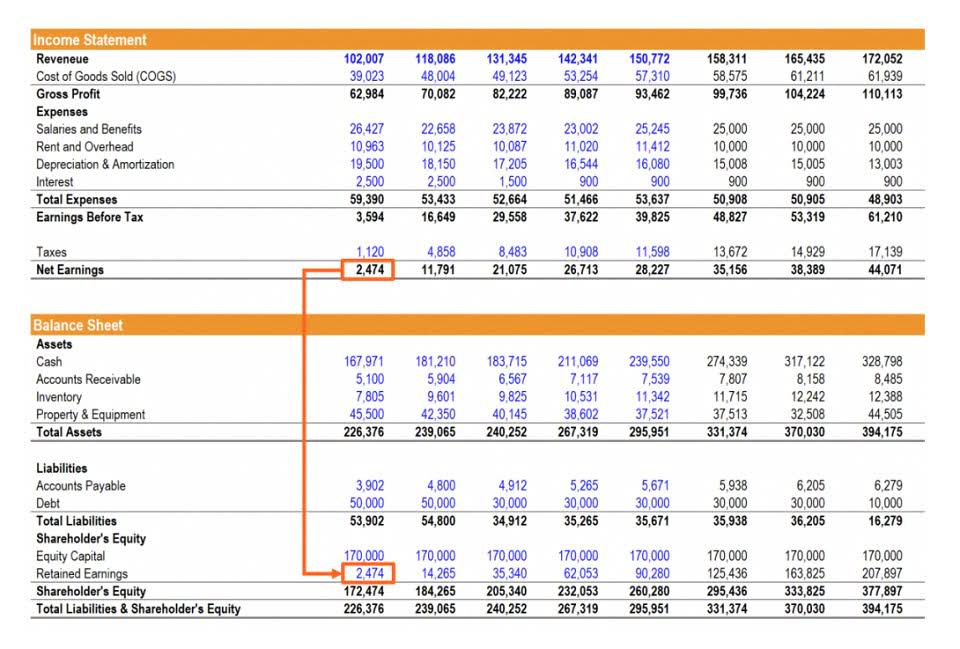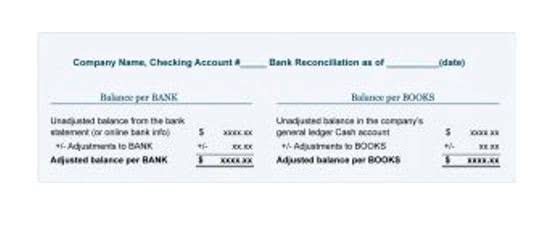
They should also possess practical skills like attention to detail, ethical practices, and familiarity with accounting software, along with interpersonal skills like communication, trustworthiness, and empathy. Whether it’s planning for retirement or estate planning, a personal accountant assists in mapping out long-term financial strategies. A personal accountant brings in-depth knowledge of tax laws to the table.
Coursera Staff
- Utility bills, personal loans, credit cards, mortgage payments, travel expenses, and pretty much any other personal transaction fall into this category.
- It helps you get approved for a credit card, mortgage, car loan, and so on, as well as minimizes the interest rate you pay.
- You can also consider working with a tax pro who has completed the IRS’ Annual Filing Season program.
- Paid packages from tax providers can also be a less expensive way for people with more complicated tax situations to get their taxes done rather than seeing an in-person professional.
- Greenlight encourages children to save money, and you can optionally open a related savings account with a good interest rate to support that.
- During day-to-day operations, a good accountant can help with everything from opening a business bank account to payroll to providing guidance regarding government regulations or any changes in tax law.
A CPA, on the other hand, is an umbrella term for a credentialed accounting professional. CPAs who specialize in taxation may offer preparation, planning or consulting services. CPAs have unlimited representation rights in front of the IRS — a key difference from an uncredentialed tax advisor or consultant. You may also see the term “tax consultant” floating around when searching for a tax preparer. They typically specialize in giving a client tax guidance and forming a strategic plan ahead of filing season. If a tax consultant offers filing services, be sure to vet their credentials and research whether or not they have unlimited representation rights before deciding if they’re the right fit for you.
How to Find a Tax Preparer or CPA
• Alternatives to hiring a personal accountant include self-education, online research, and using money-management apps. • Hiring a personal accountant can be beneficial for managing finances, especially for entrepreneurs and individuals with complex tax situations. Understanding the role, benefits, challenges, and qualifications of a personal accountant empowers individuals to make informed decisions about managing their finances.
How can a CPA help you with taxes?
If you’ve always done your own taxes, you’re probably hesitant to delegate the task. This is a person who has accounting training (and most likely a college degree) and can handle bookkeeping duties. There is value in being able to sit with your CPA in person to go over your personal needs and to make sure your personal initiatives are in line with your business goals. While I appreciate the convenience of remote meetings and desktop sharing, I find great comfort in meeting face-to-face. Accounting helps a business understand its financial position to be able to make informed decisions and manage risks. You can also consider working with a tax pro who has completed the IRS’ Annual Filing Season program.
Review their fees

Adam received his master’s in economics from The New School for Social Research and his Ph.D. from the University of Wisconsin-Madison in sociology. He is a CFA charterholder as well as holding FINRA Series 7, 55 & 63 licenses. He currently researches and teaches economic sociology and the social studies of finance at the Hebrew University in Jerusalem.

Bookkeeping may be done in person (your home or the bookkeeper’s office) Bookstime or online. Either way, you’ll need to provide access to your bank accounts and credit card statements, so be sure to check the references carefully of anyone you want to engage. Empower also has some tools for retirement planning, although it quickly tries to sell you financial advisory services if you use those tools. Most personal finance apps are free or have a free tier of service.

This is a person who has training (and likely a college degree) in accounting and can handle bookkeeping chores. The hourly rate, which again depends on location, job description, and expertise, for a freelance accountant is about $35 per hour on average but can be considerably more, even up to $125 per hour. Whether you need an accountant will most likely depend on a few factors, including how complicated your taxes are to file and how many accounts you have to manage. Apple has been accused in a new lawsuit of illegally monitoring its workers’ personal devices and iCloud accounts while also barring them from discussing their pay and working conditions. We give up a tremendous amount of our personal information personal accountant to the company and our belief that it’s safe comes down to our faith in the company.


The hourly rate for a bookkeeper depends on where you are, what services you seek, and what expertise the person offers, but the fee averages to about $22 per hour. However, as your finances grow, your taxes become more complicated. The same adjusting entries is true for self-employed individuals and those who have multiple sources of income.
Recommend Other Professionals
Finally, a bookkeeper is someone who can help keep your books if you’re running a business. Their responsibilities can include paying bills, keeping track of account balances, recording transactions and providing reports throughout the year. “A tax professional is there to help taxpayers easily navigate through the tax code,” Nayo Carter-Gray, an enrolled agent in Baltimore, Maryland, said in an email interview. Calling in a CPA could make sense if you have complicated questions or need extra help. Certain life events — such as marriage, divorce, death, retirement, a home purchase or working with new types of investments — can make filing taxes more complex.